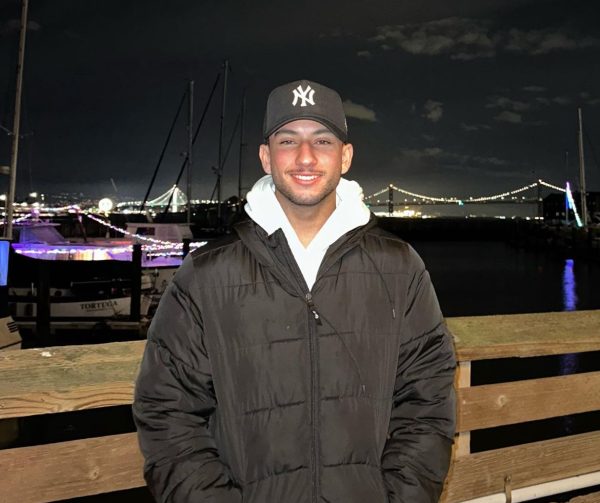At a recent rally in Clive, Iowa, former President Donald Trump made remarks that have caused fear, especially among the international student community. His statements were explicit: “All of the resident aliens who joined in the pro-jihadist protest this month, nobody’s ever seen anything like it. Come 2025, We will find you and we will deport you,” he declared. Further emphasizing his stance, Trump added, “Under the Trump administration, we will revoke the student visas of radical anti-American and anti-Semitic foreigners at our colleges and universities—and we will send them straight back home.”
Trump’s approach to conflating pro-Palestinian sentiments with support for Hamas and other jihadist ideologies marks a concerning trend. By threatening to revoke visas and deport students who participate in protests or express certain political views, he is not just targeting potential security threats but stifling free speech. This approach paints a dangerously broad brush over what constitutes a threat, risking the silencing of legitimate political discourse.
These statements, especially when used by a figure of Trump’s political stature, can have chilling effects on campuses across the country. They send a signal that certain political views, particularly those critical of U.S. foreign policy or sympathetic to Palestinian rights, are not just unwelcome, but could also have grave personal consequences.
Equating pro-Palestinian advocacy with terrorism is not only misleading but also undermines the atrocities committed by Israel. It dismisses the legitimate concerns and rights of the Palestinian people, reducing a multifaceted issue to a black-and-white narrative.
In the face of such rhetoric, it’s essential to stand firm in support of free speech and academic freedom. The right to protest, to engage in political activism, and to express controversial or unpopular views is fundamental in a democratic society. Policies or statements that threaten these rights, under the guise of national security or otherwise, should be met with scrutiny and opposition.
Trump’s words are a reminder of the constant vigilance needed to protect the freedoms we often take for granted. It’s our responsibility to ensure that the voices of all, especially those of dissenting students, are heard and respected.
In the heart of American values lies the principle of freedom of speech – a concept that draws people to its shores, promising a haven where ideas can be expressed without fear. The very essence of what it means to be American is rooted in this freedom. When someone like former President Trump threatens to deport students for expressing their views, it strikes at the core of these American values.
His rhetoric of making “America great again” is undermined by actions that go against what America has always stood for.
If America is to be truly great, it must become a place where freedom of speech exists for everyone, not just those we agree with – where every voice, however controversial, can be expressed without fear.
Dear Trump,
If you think saying things you disagree with should get you deported,
If you think being pro-Palestine should get you deported,
If you think believing in free speech for everyone should get you deported,
Come and get me first.






Leo O'Neill • Dec 18, 2023 at 3:18 pm
Your article eloquently addresses the troubling implications of former President Trump’s recent remarks, striking a chord with my concerns as an Indigenous 2Spirit Left-Wing Liberal. The conflation of pro-Palestinian sentiments with jihadist ideologies oversimplifies a complex issue and echoes historical attempts to silence dissenting voices, reminiscent of the struggles faced by Indigenous communities.
I share your worry about the chilling effects on campuses, where Trump’s threats to revoke visas and deport students expressing political views undermine academic freedom and free speech—the pillars of a vibrant democracy. Equating pro-Palestinian advocacy with terrorism not only oversimplifies but also perpetuates a harmful narrative, akin to the erasure of Indigenous voices.
In echoing your call to defend freedom of speech and academic freedom, I emphasize that making America truly great involves embracing diverse opinions and ensuring that freedom of speech is extended to all, regardless of their views. Your words serve as a poignant reminder of our collective responsibility to safeguard democratic values.